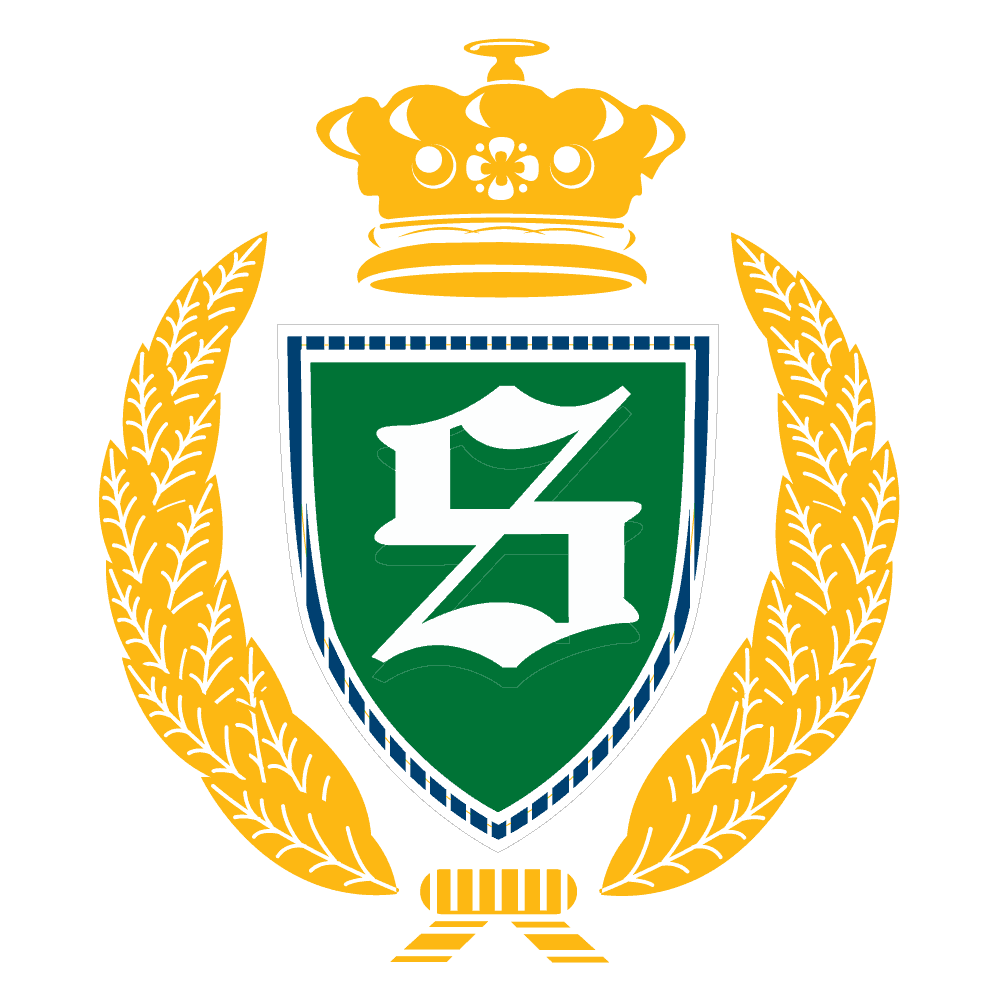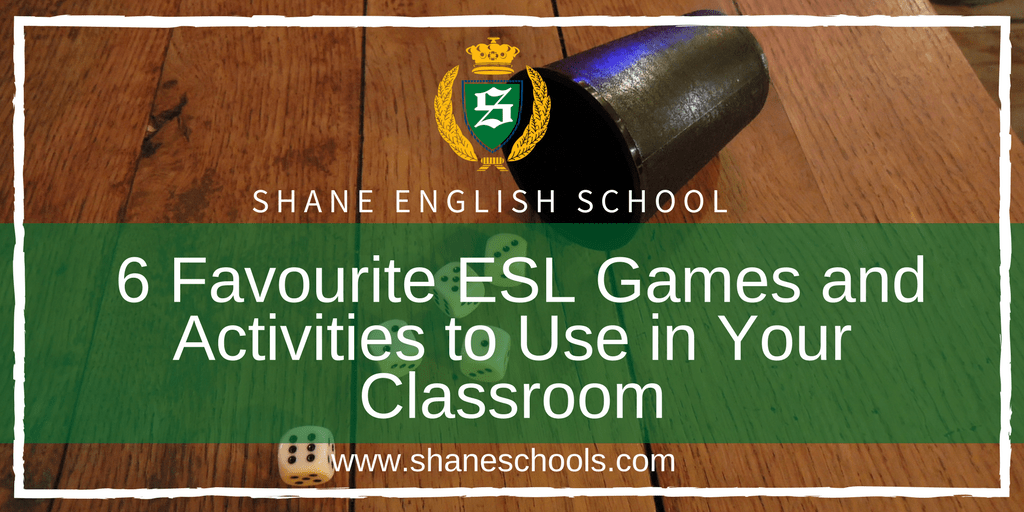In a learning English as a foreign or second language environment, games and other activities form a key part of your lessons. Any ESL teacher knows the value of using a few favourite ESL games and activities in the classroom. It is important to remember that students, whether they are young learners or adults, learn faster when they are ‘playing’ or having fun and when learning does not feel like a chore. (Get more information on the value of games in the classroom here.)
Furthermore, ESL games and activities can be used:
- at the start of your lesson as a warm up and to get students thinking in English,
- when you are teaching grammar or vocabulary and the games/activity serves as ‘fun’ practice,
- during the lesson when students need a break or when you are teaching something particularly tough, or
- at/near the end of class when there is some time left over ‘before the bell rings’.
In this article, we will look at some games you can use in your ESL class. Where necessary, I will indicate the level for which this activity or game is most appropriate as well as for which area/section it can be used, e.g. vocabulary, grammar, conversation practice, etc.
Game 1: Board Race
- Group game
- Appropriate for all ages
- Vocabulary, grammar
How to Play
Split the class into groups of 3-4 students. Each team gets a different coloured marker. However many teams there are, split the board up in that many columns. For vocabulary revision for a specific topic, groups must write as many words related to the topic in the form of a relay race. Teams get points for each correctly spelt word.
Game 2: Call My Bluff
- Appropriate for all ages
- Ice breaker, speaking skills
How to Play
In modelling how to play the game, the teacher writes three statements about themselves on the board, one of which should be true and two should be false. The students need to ask you some questions about each statement to guess which one is true. They win if they guess the correct one.
To make this more student-centered, have students play in a group. One person writes two lies and one truth on a piece of paper, and the other members question the student to guess which statement is true. At the end of the activity, allow the students to share what they learned about their fellow classmates.
Game 3: Word Jumble
- Group activity
- Appropriate for all ages and levels
- Spelling, word order, writing skills, grammar
How to Play
Some planning is needed before the class. The teacher needs to write (or type) a couple of sentences, and each sentence needs to be in a different colour. It works best with between three and five sentences per group. Cut up the sentences so that there are a handful of words and put these into cups, keeping the words per sentence separate. Divide the class into teams of 2-4 members. The groups need to put their sentences in the correct order, and the winning team is the one who correctly puts their sentences in order first.
What about adults? Adults Want to Have Fun, Too! – Games for Beginners
Game 4: Last Man Standing
- Appropriate for all levels and ages
- Vocabulary (could be adapted for grammar, too)
How to Play
To play, have a ball ready and get the entire class to stand in a circle. The teacher names a category or theme, such as things found in the house, food, colours, countries, etc. The teacher tosses the ball to a student. That student needs to say a word that is related to the theme and throw the ball to another student. As every student catches the ball, they need to say another word related to the category. No words can be repeated. If a student says a word that had already been said or cannot come up with a new word, they are out and need to sit and listen.
Game 5: Choose Your Victim
- Appropriate for all levels and ages
- Grammar
How to Play
This is a good activity to make a question and answer grammar practice session more active. Have all the students stand in a circle. They all need to practice a grammar point by asking and answering questions; for example, they have to ask questions with a past verb form, so they practice the past simple tense. The first student can ask “Did you eat ice cream on the weekend?” and need to throw the ball to another student who needs to answer the question correctly in order to stay in the game. This student then earned the right to ask a question, throw the ball to another student who must answer correctly to ask a question. And so the game continues. If you have a large class, students can play in groups of 4 or 6, and you can walk around and monitor.
Game 6: Roll the Dice
- Appropriate for elementary to advanced levels
- Perfect for review, grammar, vocabulary
How to Play
Divide the class into groups and each one gets a dice to play with. Write numbers one to 6 on the board, and each number needs to correspond to an activity. This can be to ask your group members how to spell a word, say a sentence in the past tense or ask a question in the present perfect simple tense, read a page from the book they have been reading the term, practice a phonic or two, sing the song the class learned, etc. Incorporate points and the team with the most points wins.
Conclusion
This article discussed six easy and favourite ESL games and activities that any teacher can use in their classroom. There are, of course, many, many, many more games and activities out there, and most teachers would tell you that they know at least a hundred games and varieties to incorporate at the start, middle or end of their lesson.
What are some of your favourite ESL games and activities to use in the classroom? Which ones do your students like best?
Want more great articles like this? Check out our Teaching Tips.
About the Author
Denine Walters is currently a freelance writer, editor/proofreader and ESL teacher. Previously, she taught online English lessons to students from all around the world and, before that, she lived and taught English to young learners in Taiwan. In her free time, she likes to read, do scrapbooking and grammar quizzes, and travel. For her educational background, she has an MA in Politics, with a dissertation written on post-conflict peacebuilding, a BA Journalism degree, a TEFL and CELTA certificate, and also a few certificates in various other short courses.

We're hiring!
With schools around the world, Shane English School always has exciting new opportunities to offer.


